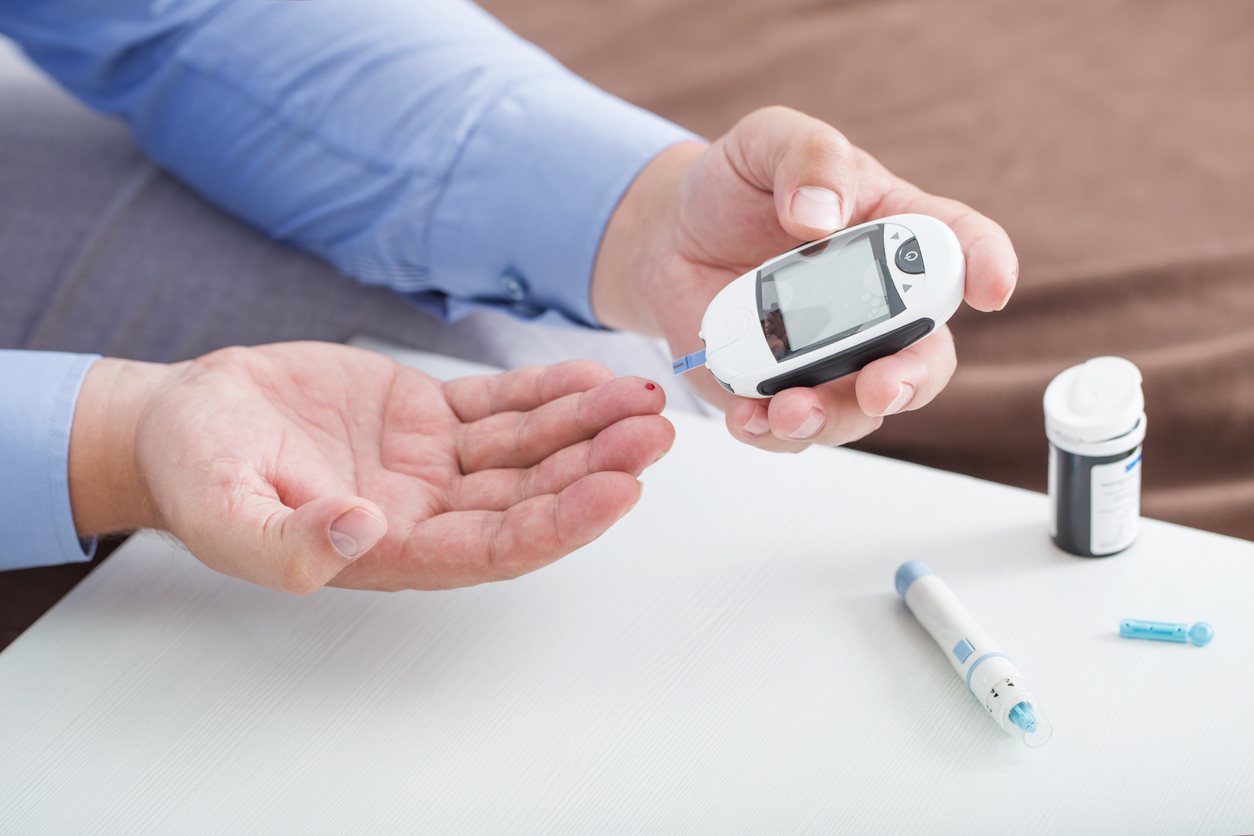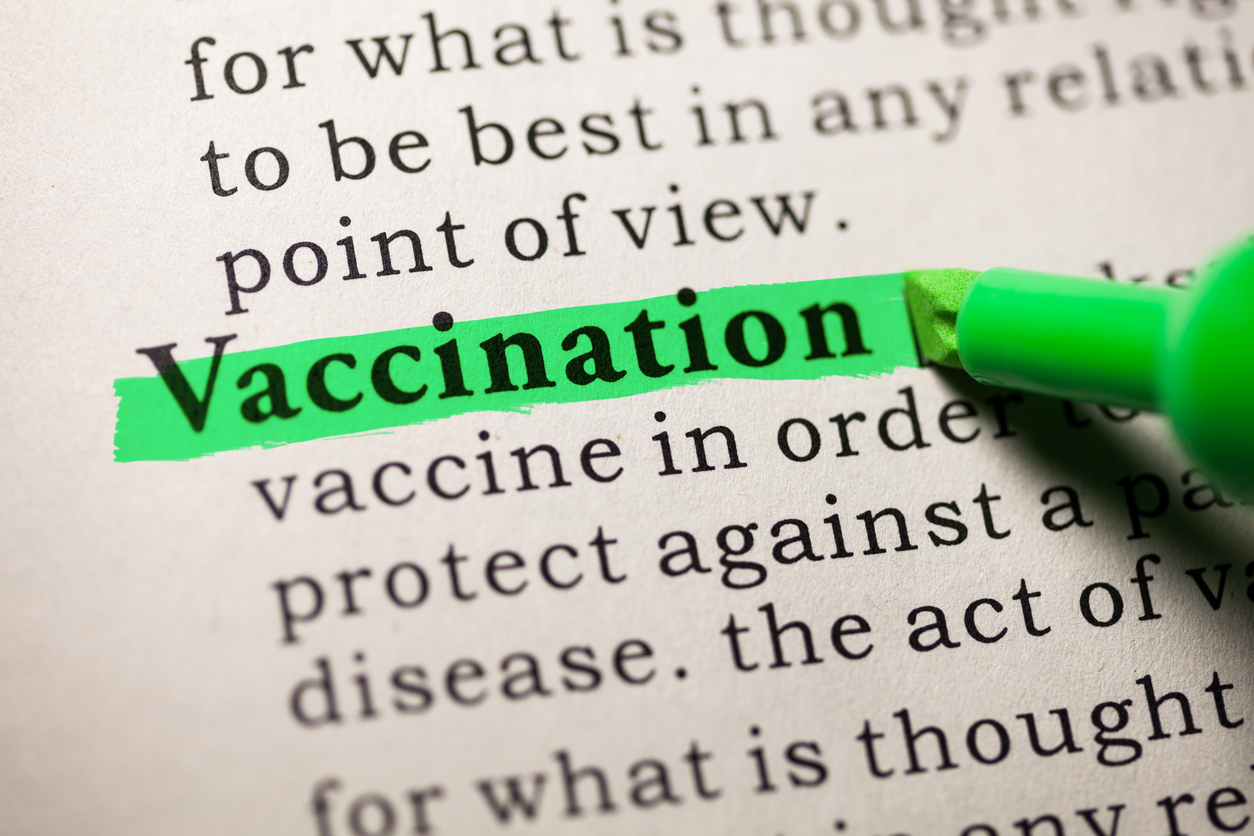2024-05-30
The triglyceride-glucose index and the risk of frailty
Endocrinology and Metabolism
Frailty is a geriatric syndrome associated with increased vulnerability to external stresses. It affects between 7% and 24% of the elderly and is associated with reduced muscle mass. Frailty increases the risk of falls, disability, hospitalization and mortality, representing a major threat to public health.
Insulin resistance, characterized by reduced sensitivity to insulin, is implicated in the genesis of numerous pathologies such as non-alcoholic fatty liver disease, diabetes mellitus, cardiovascular disease and cognitive impairment. The triglyceride-glucose index (TyG), calculated from fasting triglyceride and fasting glucose levels, is a reliable indicator of insulin resistance.
In this study, researchers explored the relationships between the TyG index and various parameters associated with frailty, taking into account associated indices such as the triglyceride-glucose-waist circumference ratio (TyG-WC), the TyG-height ratio (TyG-WHtR), and the TyG-body mass index ratio (TyG-BMI).
Binary and stratified logistic regression analyses were conducted.
The results showed that the TyG index and its associated indices were positively correlated with frailty. The highest quartiles of TyG, TyG-WC, TyG-WHtR and TyG-BMI were significantly associated with an increased prevalence of frailty.
The authors concluded that elevated levels of TyG and its associated indices were associated with an increased prevalence of frailty.
In conclusion, this study highlights the importance of monitoring and managing TyG and its associated indices to prevent frailty in elderly populations.
Interventions targeting glycemic, lipid and abdominal obesity control could be beneficial in reducing the incidence of frailty.

Last press reviews
Vaccine vs. SMC: rivals or partners?

#MalariaVaccine #R21MatrixM #Malaria #Vaccination #SMC #InsecticideTreat...
A race against time for a vaccine?

#PfSPZ #Vaccination #Malaria #Immunogenicity <br><br><br>...
Birch allergy: could one shot change everything?

#AllergicRhinoconjunctivitis #IgG4 #Allergoid #BirchPollen #Immunotherap...